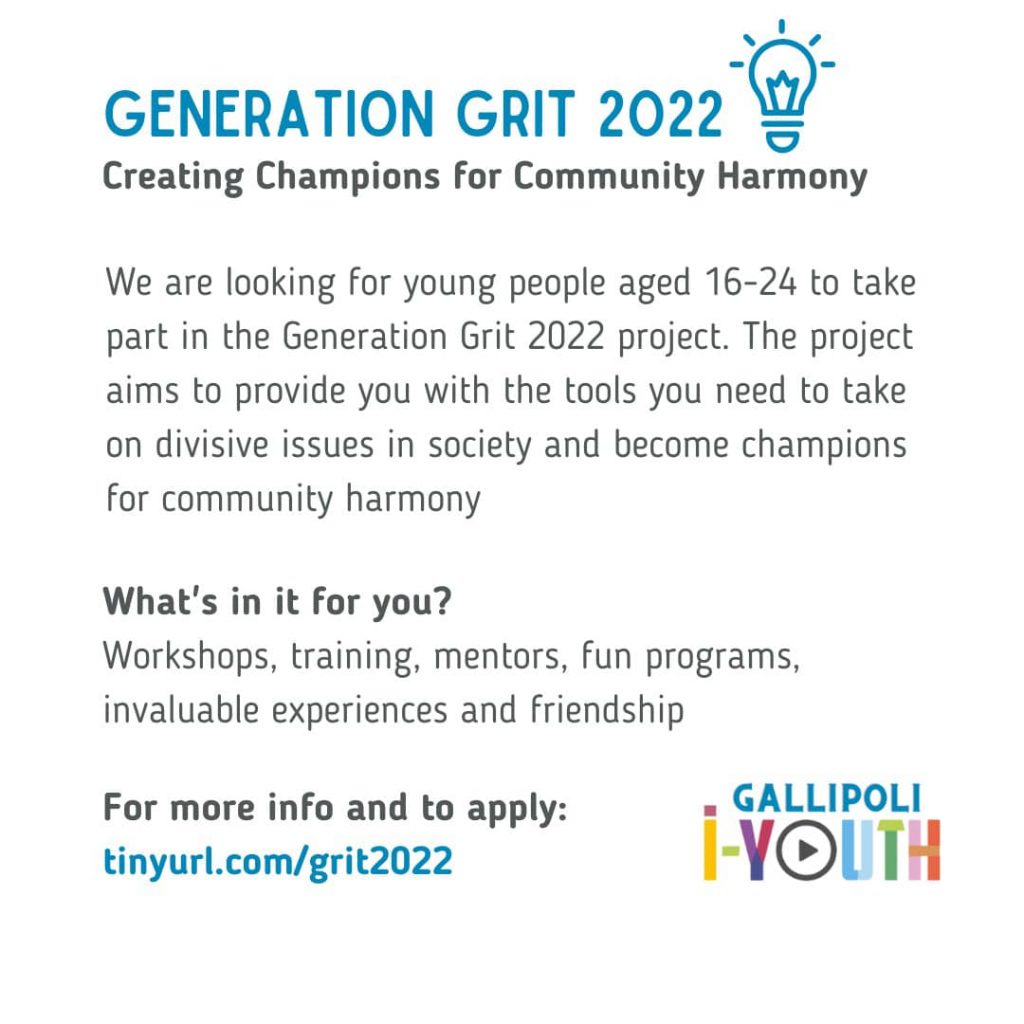He swerves out of my way, holding up his arms over his head, waving his white t-shirt in his hand like a flag. Granules of blond sand flake off his bare body onto the sidewalk. ‘I swear I didn’t touch her; I didn’t touch her!’ He shouts to his friends, walking towards the laughing huddle of Havaianas and board shorts, the wooden charm on his black anklet swinging lightly with each step. They stride across Campbell Parade, their mockery fading into the ebb and flow of passing traffic and the distant murmurs of Bondi Beach. With my tiered Valley Girl maxi skirt lapping at my ankles, I busy myself with pinning the loose end of my hijab to the collar of my Tightrope blouse to absorb what’d just happened. Then, looking down at my phone, I retreat to the corner of the nearest fish and chips store to make myself smaller, and blunt my sudden awareness of my offbeat presence that’s now swelling like a surf wave each time someone walks past.
Earlier this month, I spoke with the project manager of Gallipolli Mosque’s iYouth Centre, Firdaws Karim, about the program they had rolled out under New South Wales’ COMPACT project, which pertained to empowering youth to foster cohesion and resilience in Australian communities. During the time leading up to our virtual meeting with Firdaws, my own experiences and memories of the Australia I had known as a teenager kept slipping to the forefront of my mind.
I’d been brought up with a perennial cautiousness of anything that was inherently ‘Australian,’ at the core of which was the fear of assimilating enough to sever my connection to my own culture and values. Although this ran parallel to a great trust in the government’s ability to rule with absolute democracy and its embracement and acceptance of diversity, it ultimately meant that at the age of eighteen, I had only just began emerging from the protective bubble of a tight knit community and an all-girls Muslim dominated school in Southwest Sydney. Life was suddenly not confined to suburbs where I could still spot a hijabi or two, or smell a kebab or manoush at least once whilst walking down the road. It was a tiring battle of striking a balance between clinging to my identity and trying to become as native as possible.
Indeed, whilst discussing the project—which they’d pointedly named ‘Generation Grit’— with Firdaws, she noted: “We do have to realise that in Australia people often live in pockets in communities as well. What happens is that youth often connect with their own kind and deal with issues of their own kind.” This was why the program’s participants, who were predominantly in their teenage years, had also been living in protective bubbles that limited their exposure to issues affecting the wider society. In developing Generation Grit, one of the aims of iYouth Centre was to address this as tactfully as possible. “The point was to foster resilience, communication and leadership skills, to raise awareness around diversity and sociopolitical issues occurring in Australia, and encourage charity through shared humanity,” continued Firdaws, explaining how working with Giving Back Australia and Lighthouse Community Support was key in achieving this.
In delivering their content, these facilitators honed in on individual problems targeting youth via practical workshops that focused on ways to counteract cases of sexting, bullying and body image. They also hosted speakers from various backgrounds and walks of life to cover a range of topics including drug and alcohol, asylum seekers, refugees, domestic violence and suicide prevention. This cultivated a sense of inclusivity, and created a rather nuanced image of challenges facing Australian communities at large. Participants explored scenarios in which they’d need to know how to reach out to or where to refer people struggling in different ways, and stepped out of their comfort zones to survey strangers about their views on holistic charity during guided excursions.
Firdaws mentions that she noticed much of their feedback about this phase of the project denoted a refined understanding of diversity as ‘acknowledging that we can face challenges despite our racial background, ethnicity and religion,’ and that ‘knowing how to direct individuals in need to the right path for seeking help’ was a big part of learning how to appreciate it.
Hearing this, I couldn’t help but feel a sense of relief. Reflecting on my temperament as a teenager, I remembered that the thought of venturing beyond familiar boundaries not only incited a fear similar to my parents’, but a lack of confidence in my ability to interact with confronting differences. In the seventeen years that I’ve called Sydney home, I’d only been to Bondi twice. For the first time was as an eighteen-year-old who, in response to experiencing racism, had resorted to standing in front of a fish and chips store and busying herself with her phone to shield herself from reality. Even though this was enough to deter me from the Eastern suburbs for another six years, it took me almost a decade to tell the story. Generation Grit are a group of youth who are ready to reclaim their narratives a lot earlier than I was.
In fact, during a lockdown that curbed productivity for most, they devised a way to reach out to youth from demographically diverse communities across Australia, and provide a safe space for them to talk about topics affecting them in a positive light: Not Alone Youth Network. Trained by a social media marketing company called White Flame, they’ve created online platforms for this youth led network which is set to mirror the values of the COMPACT project itself—increasing social harmony in Australia by dismantling negative narratives. With content due to launch later this year, they are, in their own words, ready to be “online for a good reason.”
In writing this piece, I hope that we learn to raise our hands over our heads not in defense of or in surrender to our current reality, but in standing ovation of our youth’s efforts in shifting the paradigms around diversity, harmony and resilience. May we pave the way for them create the Australia we aspire to live in.

